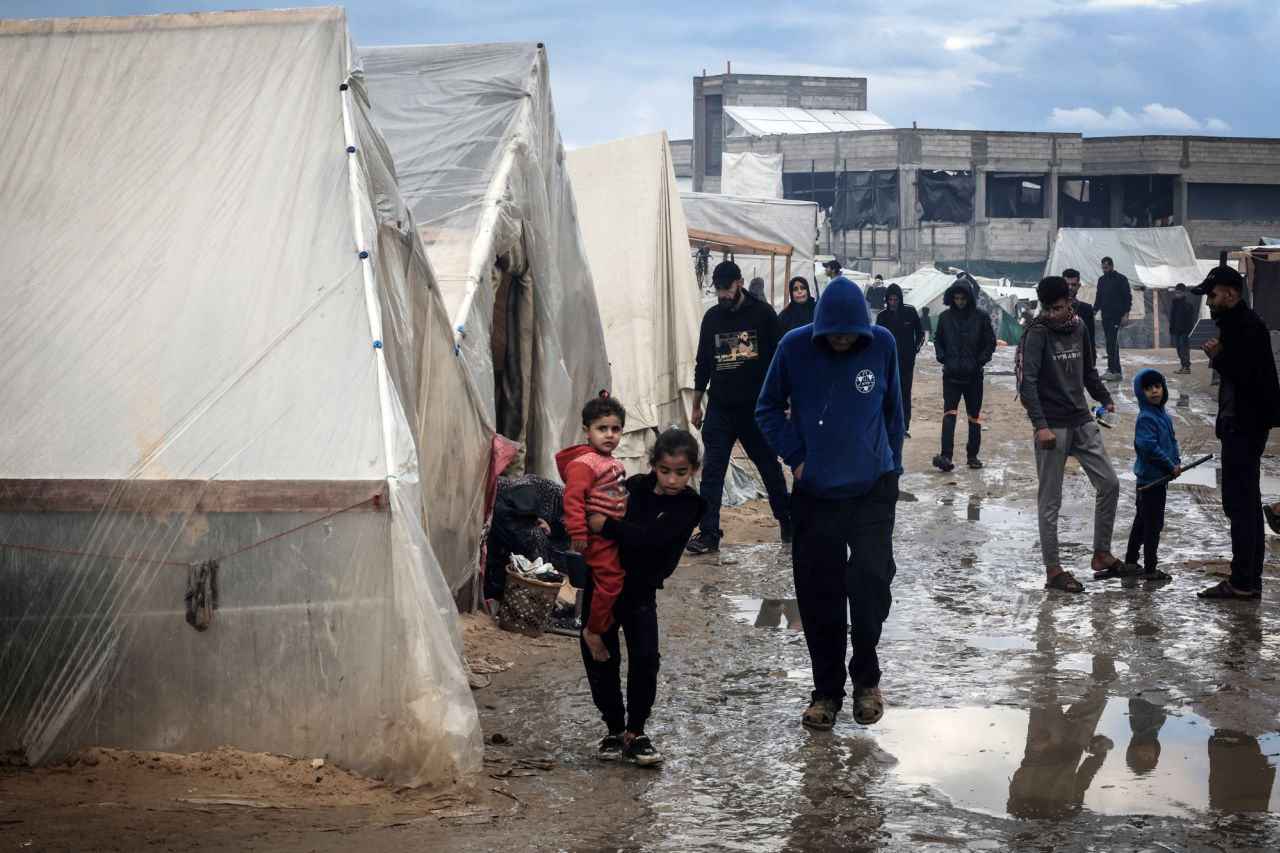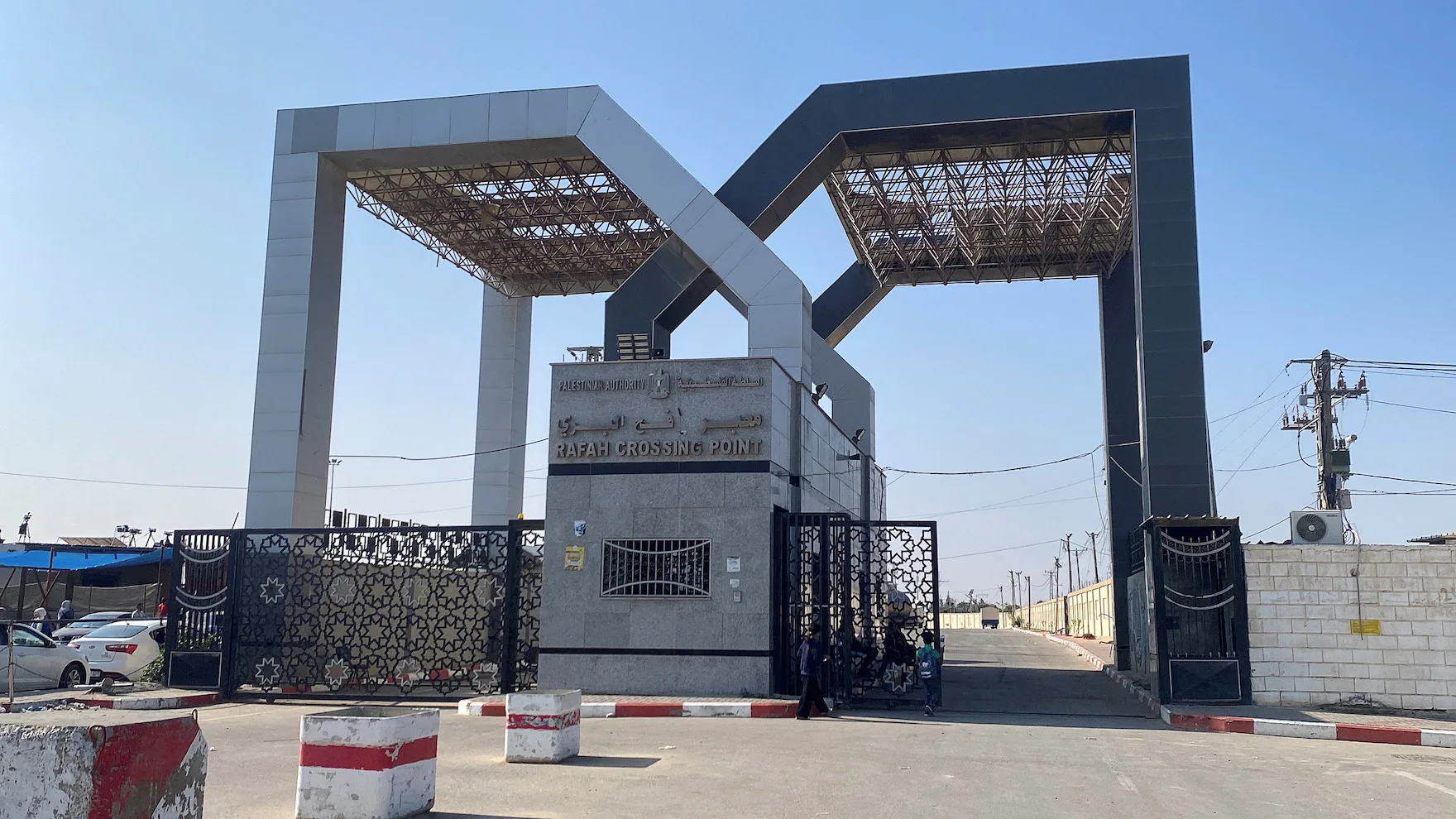In a shocking escalation of the ongoing Israeli-Palestinian conflict, Israeli Defense Minister Israel Katz has announced plans to forcibly relocate the entire population of Gaza—estimated at 2.1 million people—into a designated camp in Rafah. This plan, cloaked in the language of humanitarianism, raises grave concerns about human rights violations and the potential for widespread ethnic cleansing.
Population Transfer as a Strategy
Katz"s intention to create a "humanitarian city" for 600,000 Palestinians, with aspirations to accommodate the entire population, has drawn immediate condemnation from human rights advocates. Michael Sfard, a prominent Israeli human rights lawyer, described the initiative as a "crime against humanity." This sentiment is echoed by the United Nations, which has previously stated that the forced transfer of civilians from occupied territories is prohibited under international humanitarian law, categorically labeling such acts as ethnic cleansing. The implications of this move are dire, as it threatens to repeat the Nakba, the historical catastrophe that resulted in the displacement of hundreds of thousands of Palestinians in 1948.
Destruction and Displacement in Gaza
The current humanitarian crisis in Gaza is staggering. More than 57,500 people have died since the escalation of violence following a cross-border attack on October 7, 2023, which resulted in approximately 1,200 Israeli casualties. The humanitarian situation has deteriorated to the point where over 90% of homes are reported as damaged or destroyed, and essential services—healthcare, water, sanitation—have collapsed. The majority of Gaza"s population has been displaced multiple times, living in overcrowded and unsafe conditions. Food, fuel, medicine, and shelter shortages exacerbate the suffering of the people trapped within this besieged territory.

January 7, 2024 Israel-Hamas war | CNN
International Reactions and Legal Implications
The announcement has drawn sharp rebuke from various international actors. Arab states have rallied behind a $53 billion reconstruction proposal that emphasizes the importance of allowing Palestinians to remain in their homes, contrasting starkly with the U.S. and Israeli approaches. The Egyptian proposal, supported by both the Palestinian Authority and Hamas, rejects any form of forced displacement, viewing it as a gross violation of international law. As reported by BBC, the U.S. has been implicated in discussions that favor resettlement outside Gaza, an idea that many see as a thinly veiled attempt to facilitate ethnic cleansing.
Environmental and Social Justice Dimensions
From a climate justice perspective, the ongoing conflict and the proposed relocation of Palestinians pose significant environmental concerns. The destruction of infrastructure and the forced migration of populations will have lasting impacts on local ecosystems and communities. Displacement often leads to increased vulnerability to climate-related disasters, as people are uprooted from their traditional lands and livelihoods. Moreover, the international community’s failure to address these injustices only amplifies the intersection of social and environmental crises, perpetuating a cycle of oppression that impacts not just human lives, but the planet itself.

Dozens of Filipinos in Gaza to evacuate via Rafah border crossing
The Role of Global Powers
As the situation unfolds, the complicity of global powers, particularly the United States, cannot be ignored. President Trump’s recent comments suggesting that Palestinians should have the "free choice" to leave or stay in Gaza underlines a troubling narrative that frames forced displacement as an option rather than an atrocity. This rhetoric, coupled with a lack of accountability for human rights violations, emboldens oppressive regimes and undermines the pursuit of justice for marginalized communities. The stakes are incredibly high, as the world watches a humanitarian crisis unfold, with the potential for permanent changes to the demographic and cultural landscape of Gaza.

![[Video] Anti-ICE Protester Pepper Sprayed as CBP Agents Disperse Crowd in Minneapolis](/_next/image?url=%2Fapi%2Fimage%2Fthumbnails%2Fthumbnail-1768260677127-y71sb7-thumbnail.jpg&w=3840&q=75)

![[Video] Several injured as U-Haul truck drives through Iranian protestors in Los Angeles](/_next/image?url=%2Fapi%2Fimage%2Fthumbnails%2Fthumbnail-1768176682028-q95y6j-thumbnail.jpg&w=3840&q=75)
![[Video] Scuffle breaks out between Trump supporters and Anti-ICE protesters in Times Square](/_next/image?url=%2Fapi%2Fimage%2Fthumbnails%2Fthumbnail-1768165958203-hgcgb-thumbnail.jpg&w=3840&q=75)


![[Video] Gunfire between Iraqi security forces and Sadr militias in Baghdad](/_next/image?url=%2Fapi%2Fimage%2Fthumbnails%2Fthumbnail-1768343508874-4redb-thumbnail.jpg&w=3840&q=75)
